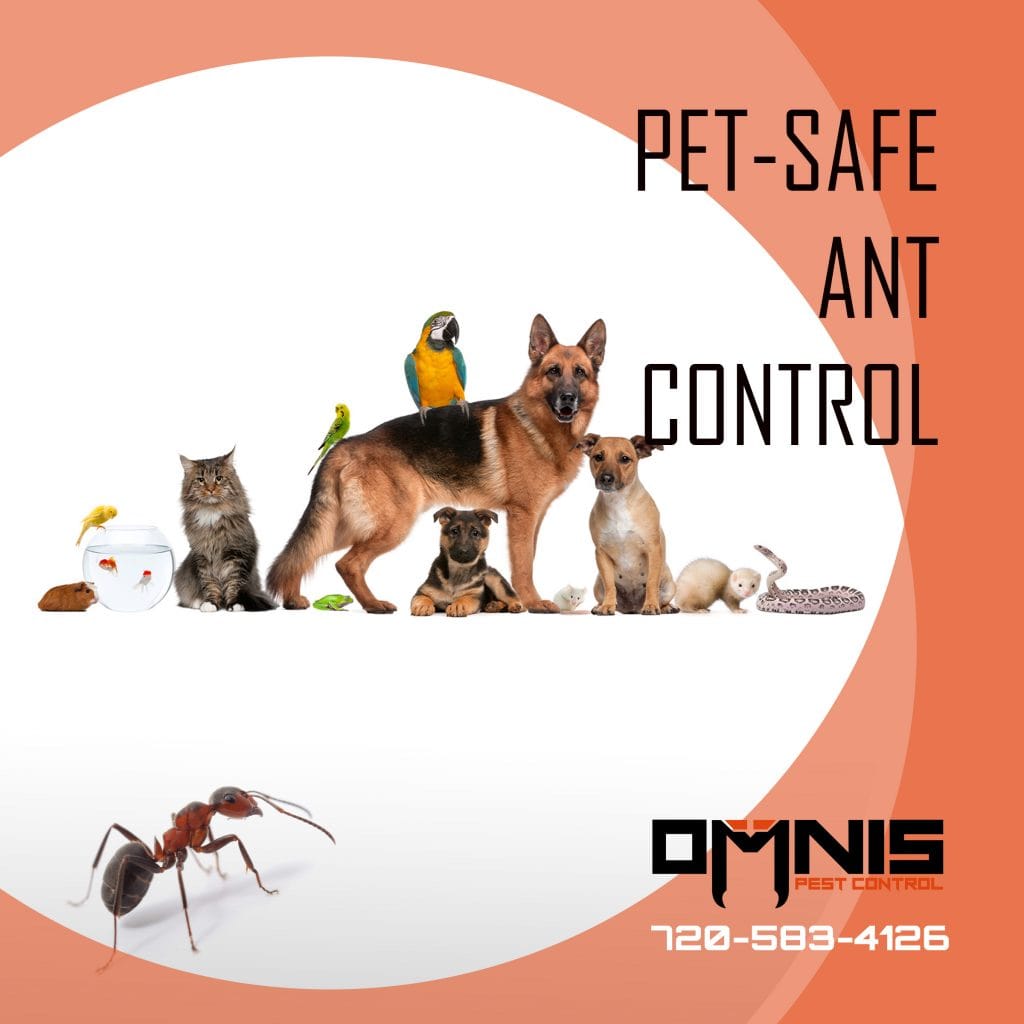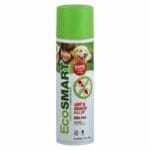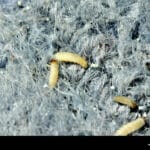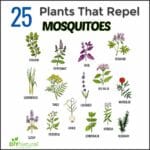Ants are a common household nuisance, but dealing with them when you have pets requires a careful approach. Conventional ant control methods can pose risks to our furry friends, so it’s essential to choose strategies that are both effective and pet-safe. This comprehensive guide outlines various methods for eliminating ants while safeguarding your beloved companions.
Pet-Safe Ant Extermination Strategies
Protecting your pets while battling ants is paramount. Several safe and effective methods allow you to tackle infestations without jeopardizing your furry family members.
Bait Stations: The Trojan Horse Approach
Bait stations are a popular choice for pet-safe ant control. These tamper-proof containers house insecticide inside, attracting ants while keeping pets out. Ants enter, consume the bait, and carry it back to the colony, effectively eliminating the entire population, including the queen. Choose bait stations specifically designed for the type of ant you’re dealing with (e.g., Terro Ant Killer Bait Stations).
Ant Gels: A Sweet Treat with a Hidden Danger
Ant gels (e.g., Advion Ant Gel) offer another targeted approach. These gels contain insecticides that are less toxic to pets than traditional sprays. Ants are attracted to the sweet gel, consume it, and share it with their colony. This method effectively targets the entire ant population. While generally safer for pets, keep gels out of reach, especially if you have curious or determined chewers.
Diatomaceous Earth: Microscopic Swords
Diatomaceous earth (DE), a fine powder made from fossilized algae, is a natural insecticide. Its microscopic sharp edges dehydrate and kill insects, including ants, while remaining relatively harmless to pets and humans. Sprinkle food-grade DE in dry areas where you see ant activity. Be cautious about inhalation, as it can irritate the respiratory system of both pets and humans.
Natural Repellents: Disrupting the Ant Highway
Natural repellents offer a gentler approach to ant control. They may not eliminate an entire infestation, but they can deter ants from entering specific areas by disrupting their pheromone trails. Common household items like vinegar, mint, citrus peels, and certain essential oils (like peppermint or tea tree) can be effective. However, research the safety of essential oils around your specific pets as some can be toxic. Always test a small area first and discontinue if your pet shows any adverse reactions.
Professional Pest Control: Expert Intervention
For stubborn infestations or if you’re uncomfortable handling ant control yourself, consider contacting a pest control professional. They can assess your situation, identify the ant species, and recommend a targeted treatment plan that prioritizes pet safety. Discuss any concerns about your pets with the professional beforehand, ensuring they use products and methods that are safe for your furry family members.
Protecting Your Pets During Ant Control: Essential Precautions
Even with pet-safe methods, taking precautions is crucial:
Keep Products Out of Reach: Store all ant control products, including bait stations, gels, DIY ingredients, and sprays, in areas inaccessible to your pets. Consider childproof latches or high cabinets.
Targeted Application: Apply baits and gels in areas where ants are active but out of your pets’ reach, such as under appliances or inside cabinets. For sprays, ensure the area is thoroughly dry before allowing pets back in.
Post-Treatment Clean-Up: After applying any treatment, wipe down surfaces to remove residue, especially for diatomaceous earth. This minimizes the risk of ingestion or inhalation by pets.
Monitor Your Pets: Observe your pets closely after any ant control treatment. While rare, adverse reactions can occur. If you notice any unusual behavior, contact your veterinarian immediately.
Prevention is Key: The best way to protect your pets is to prevent ants in the first place! Seal cracks and crevices, store food (including pet food) in airtight containers, promptly clean up spills, and maintain a clean yard. These preventative measures make your home less attractive to ants from the start.
Choosing the Right Ant Killer for Your Dog: A Cautious Approach
Finding a dog-friendly ant killer requires careful consideration. While some products are marketed as pet-safe, it’s important to choose wisely and take precautions.
| Ant Killer | Pet-Safe? | Notes |
|---|---|---|
| Bait Stations | Usually | Place out of reach, look for tamper-resistant options. |
| Ant Gels | Usually | Place out of reach. |
| Diatomaceous Earth | Generally | Avoid inhalation, apply lightly. |
| Vinegar | Yes | Mix with water, spray around areas of ant activity. Safe and natural option. |
| Pet-Safe Sprays/Granules | Varies | Always read the label and follow instructions carefully. |
Remember, “pet-safe” doesn’t mean “risk-free.” Even with these products, it’s best to avoid direct contact. Keep your dog away during application and until the area is completely dry. For diatomaceous earth, minimize dust and prevent your dog from inhaling it.
Humane Ant Removal: Compassionate Control
If you prefer a humane approach to ant control, several options exist:
| Method | Description | Potential Concerns |
|---|---|---|
| Pet-safe bait stations/gels | Slow-acting poison carried back to the colony. | Keep out of reach of pets, even if labeled “pet-safe.” |
| Caulking cracks and crevices | Seals potential entry points for ants. | Minimal. Ensure proper ventilation while applying caulk. |
| Proper food storage | Keeping food in airtight containers and cleaning spills promptly. | Requires consistent effort. |
| Yard maintenance | Removing debris and standing water. | Time-consuming but beneficial for overall yard health. |
| Natural remedies (vinegar, etc.) | Disrupts ant scent trails. | Effectiveness varies; some essential oils are toxic to pets. Always research and test before widespread use! |
These humane methods prioritize minimizing harm to the ants while still addressing the infestation. While complete eradication might be more challenging with these methods, they offer a compassionate approach that aligns with environmentally conscious pest control.
Remember, effective ant control requires vigilance and persistence. If you’re dealing with a persistent infestation, consult a professional pest control company that specializes in pet-safe solutions. By taking the necessary precautions and choosing the right method, you can enjoy a pest-free home without compromising your pet’s safety. Ongoing research continually refines our understanding of pest control, so staying informed about the latest advancements and consulting with your veterinarian will ensure the best protection for your furry companion.
If your home is attracting other unwanted guests like stink bugs, check out our guide on stink bug repellent for pet-safe solutions. And for plant lovers, our pygmy date palm care guide offers helpful tips to keep your indoor oasis thriving.
- SYBAU See You Baby Meaning: Gen Z Slang Evolves - July 1, 2025
- Unlock Your Inner Youth: Lifestyle Secrets for a Vibrant Life - July 1, 2025
- Decode SYBAU Meaning: Gen Z Slang Explained - July 1, 2025






